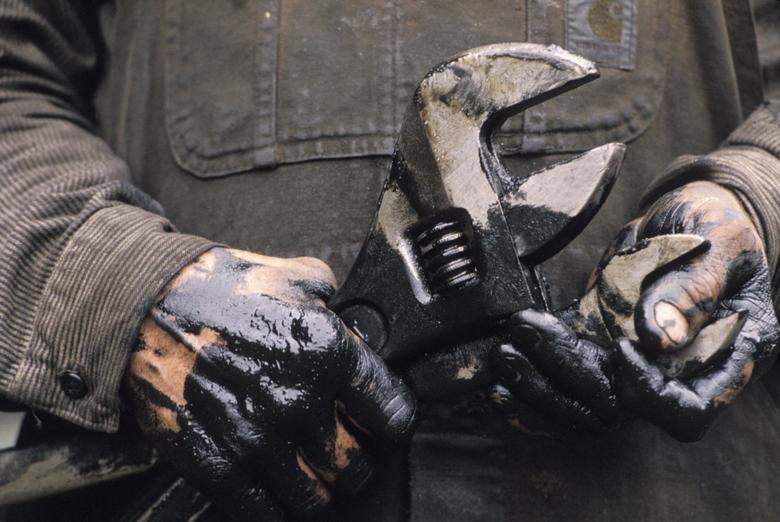
IMPLICATIONS FOR THE OIL

The International Energy Agency's executive director said Monday that global oil and gas investments were expected to drop in 2015 and 2016, marking the first two-year spending decline in decades, and he warned of the long-term impact on supply.
"We have never seen this in the last 30 years, two consecutive years of investment decline," the IEA's executive director, Dr. Fatih Birol, told The Wall Street Journal on the sidelines of a Statoil conference. "This will have implications for the oil markets, if not tomorrow then the day after tomorrow."
The IEA, the energy watchdog of the Organization for Economic Cooperation and Development, has forecast oil prices will pick up slowly toward $80 per barrel by around 2020, as demand keeps growing and the current oversupply is gradually reduced.
Plunging oil prices have led global oil producers to delay projects and cut spending by more than 20% on the year in 2015, and the drop is set to continue next year, Dr. Birol said. The Brent crude oil benchmark price started dropping last summer, after staying north of $100 per barrel for much of the time since 2011, and was trading Monday at around $45 per barrel.
"The decline in investment means the growth in production will be negatively affected in the next years to come," Dr. Birol said.
Huge investments are needed to maintain the global supply of crude. Even if global oil demand doesn't grow at all, the world would need to add more than four million barrels a day of new oil production each year, just to compensate for the natural production decline in existing fields, Dr. Birol said.
If global economic growth continues in an orderly fashion, and oil demand grows by about one million barrels a day each year, the oil market would likely tighten in the coming years, which could push prices higher, Dr. Birol said.
"The longer this [period of lower spending] lasts, the more supply capacity you'll lose, because of the annual decline," said Statoil ASA's Chief Executive Eldar Sætre, who also expects global oil companies to keep cutting spending next year.
Statoil has delayed several projects due to weak prices. A longer period of low prices and weak spending by major oil companies would hurt global output in the long term, Mr. Sætre said. When a company gives the go-ahead to a new oil project, it generally takes several years to start production.
"It takes time to replace capacity, we all know the lead time in our business," Mr. Sætre said. "Prices may increase, and the longer the downturn lasts, the bigger is the risk of a more powerful and quicker price hike."
-----
More:



